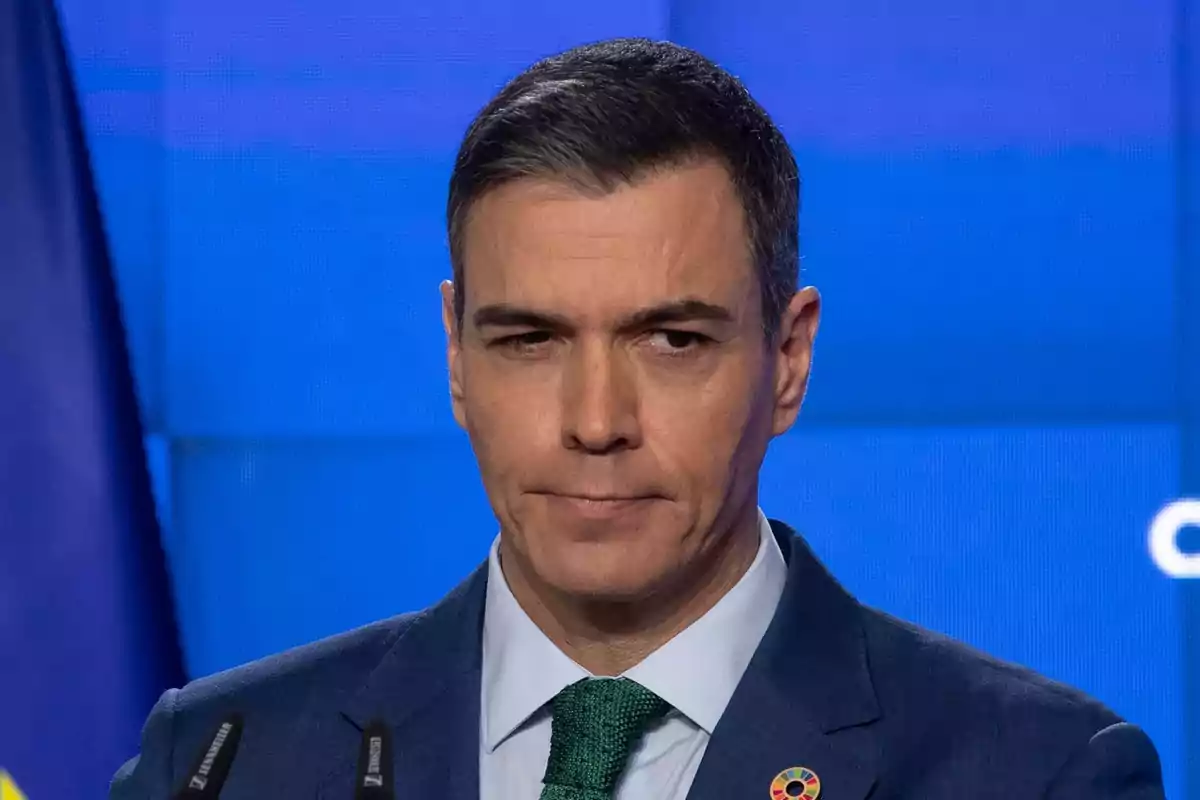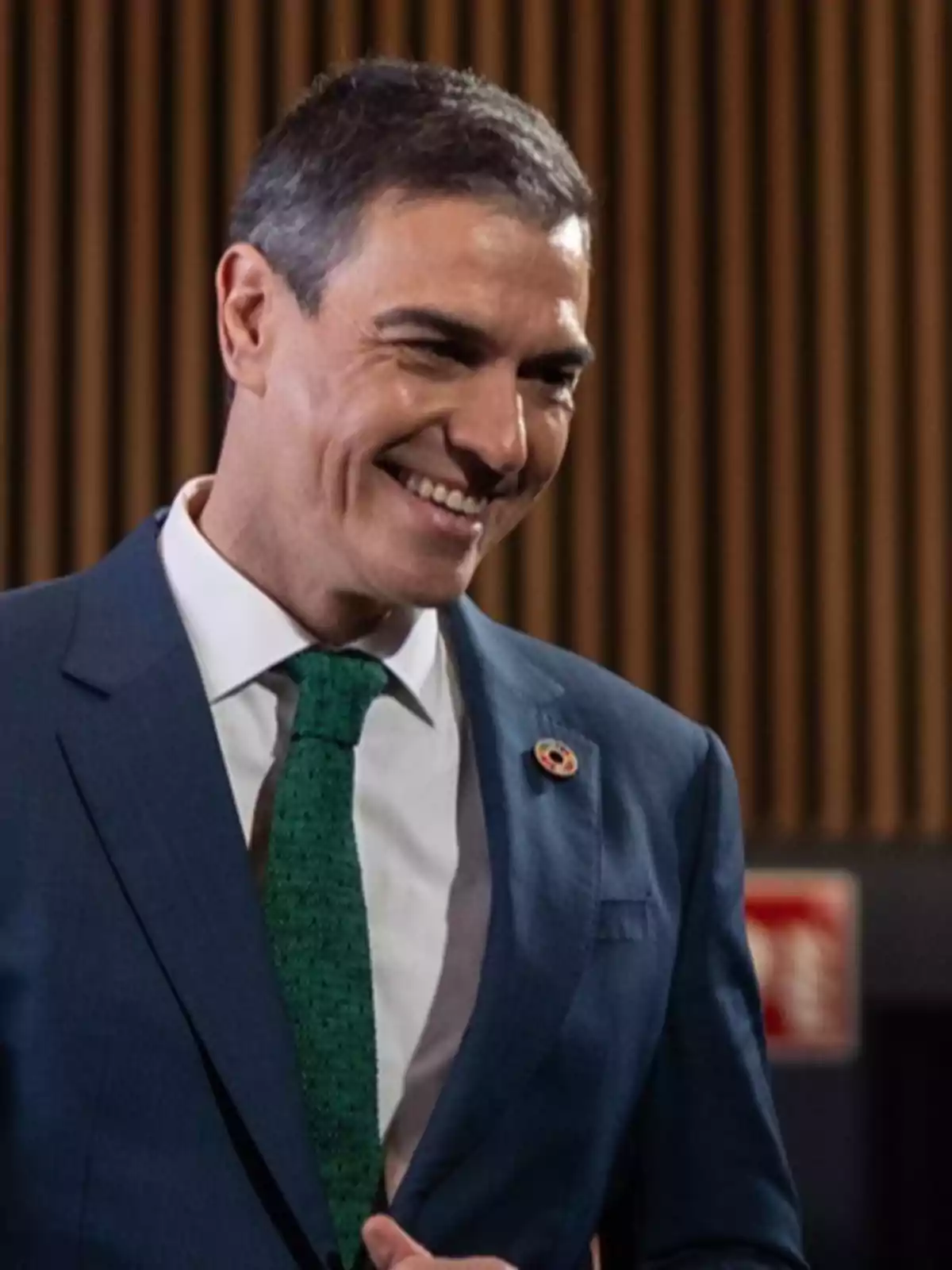
The European Commission corners Sánchez: Why doesn't he fight corruption?
Brussels demands answers from the Spanish Executive over the corruption scandals surrounding Pedro Sánchez
The European Commission is closely monitoring whether Pedro Sánchez's Government has implemented the EU's recommendations to combat corruption.
This oversight occurs in a context where corruption cases involving those close to the Prime Minister are present.
Brussels considers this issue crucial and remains vigilant about the actions of the Spanish Executive in this matter.
The Commissioner for Democracy, Justice, and Rule of Law, Michael McGrath, recently replied to an inquiry from the European People's Party.
In his reply, McGrath highlighted that the Commission continuously monitors the measures adopted at the national level. The goal is to comply with the recommendations issued in the annual Rule of Law reports.
Additionally, he indicated that Brussels has offered meetings with the authorities of all member states, including Spain, to follow up on these recommendations.
Concern about Political Pressure on the Judiciary
The most recent report on the Rule of Law in Spain, published in July of last year, was particularly critical.
In it, Brussels expressed its concern about what it considers "undue pressure" on the Judiciary by members of Sánchez's Government.
The EU emphasizes that, in some member countries, public statements by politicians, including government members, could affect judicial independence.
According to the European Commission, this type of pressure could negatively impact public confidence in justice. Slovakia, Italy, and Spain were mentioned in this context, with emphasis on politicians' statements criticizing the judicial system.
Additionally, Brussels highlighted the lack of independence of the Attorney General and suggested a reform to separate their mandate from that of the Government.

The Fight Against Corruption and the Lack of Concrete Measures
The European Commission also referred to the fight against corruption in its report, especially concerning high-level cases affecting Spain.
Brussels emphasized the need to take more effective measures to prevent and combat corruption, in addition to strengthening the Office of Conflicts of Interest.
The Spanish Government is obliged to approve, before September 2024, a comprehensive strategy to fight corruption. However, the corresponding activity hasn't yet begun.
One of the measures Brussels has proposed is the creation of safe channels for whistleblowers, who alert about corruption cases within the Government.
Additionally, the EU has requested that the asset declarations of the spouses of government members be released. A request that has been rejected by Pedro Sánchez's Executive.
The Impact of Corruption Scandals in Sánchez's Circle
The European Commission's reply comes amid corruption scandals affecting the personal and political circle of the President.
Cases like that of Begoña Gómez, Sánchez's wife, and David Sánchez, his brother, continue to capture public attention.
In particular, the Koldo plot and the scandal related to the Attorney General for leaking confidential data about Ayuso's partner.
EU Directive and the Future of the Fight Against Corruption in Spain
Brussels recalled that in May 2023, it presented a directive to update and harmonize EU rules on corruption offenses.

The Commission encouraged co-legislators to initiate dialogues to approve this directive as soon as possible. Meanwhile, Sánchez's Government continues to face both internal and external pressure to implement effective reforms in the fight against corruption.
The current situation reflects the European Union's growing concern about the lack of progress in Spain in the fight against corruption.
As judicial cases continue, international pressure on the Spanish Government is increasing.
More posts: